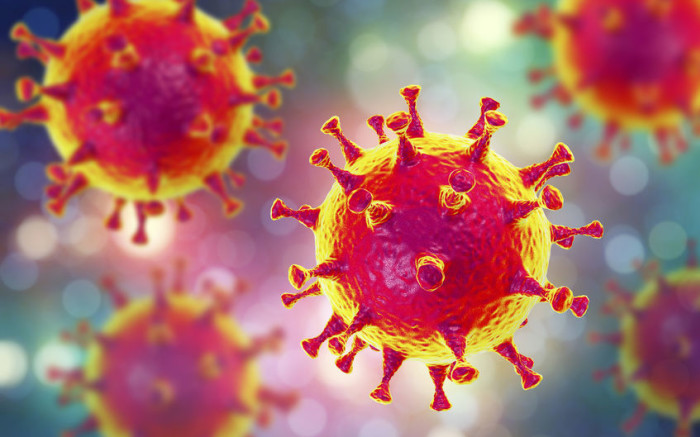FAQs: Learn more about the new COVID-19 variant called B.1.1.529
On 25 November, the Health Department confirmed that a new coronavirus variant – called B.1.1.529 – had been detected in South Africa.
JOHANNESBURG – On 25 November, the Health Department confirmed that a new coronavirus variant – called B.1.1.529 – had been detected in South Africa.
The announcement was met with confusion and anger as people scrambled to find out more about this latest mutation amid reinstituted travel bans against the country.
Here are the National Institute of Communicable Disease (NICD)’s answers to some of the big questions:
Where does B.1.1.529 come from?
Most B.1.1.529 cases have been noted in Gauteng. This variant possesses a high number of similarities seen in other SARS-CoV-2 variants but, worryingly, it has other novel mutations.
The Network for Genomics Surveillance in South Africa is continuing to monitor the lineage and conducting laboratory tests to assess the impacts of these mutations.
WATCH: What we know about the new COVID-19 variant in SA
How are the C.1.2, Beta or Delta variants different?
The new variant shares a few common mutations with C.1.2, Beta and Delta but it also has several additional mutations. The B.1.1.529 lineage is relatively distinct from the C.1.2, Beta and Delta variants and has a different evolutionary pathway.
Are the symptoms different?
So far, no unusual symptoms have been reported and as with other variants, some individuals are asymptomatic.
What does this new variant mean for SA?
It’s still early days so experts are cautious about speculating on the implications of the new variant.
Work is already under way to look at the immune escape potential of B.1.1.529 while developing a real-time system to monitor the hospitalisation and outcomes associated with it.
Partial immune escape is likely, but vaccines still offer high levels of protection against hospitalisation and death.
How can I protect myself?
Vaccination remains critical to protect those at high risk of hospitalisation and death, to reduce strain on the health system, and to help slow transmission.
This must be in conjunction with all the other public health and social measures, including:
– Ensuring good ventilation in all shared spaces
– Wearing masks that cover your nose, mouth, and chin
– Keeping 1.5m distance from others as much as possible
– Washing or sanitising your hands and surfaces regularly
Will this mutation affect test sensitivity?
The B.1.1.529 lineage has a deletion (△69-70) within the S gene that allowed for rapid identification of this variant in South Africa and will enable continued monitoring of this lineage irrespective of available sequence data. However, most other targets (including the N and RdRp genes) remain unaffected from specimens tested in over 100 specimens from testing laboratories in Gauteng so it is unlikely that overall PCR test sensitivity is affected. These PCR tests typically detect at least two different SARS-CoV-2 targets, which serves as a backup in the case of a mutation arising in one.
Analysis of the mutations in the nucleocapsid (N gene) of B.1.1.529 viruses suggests that rapid antigen tests should be unaffected but the verification of this is underway.
Source: National Institute for Communicable Diseases
For all the latest lifestyle News Click Here

